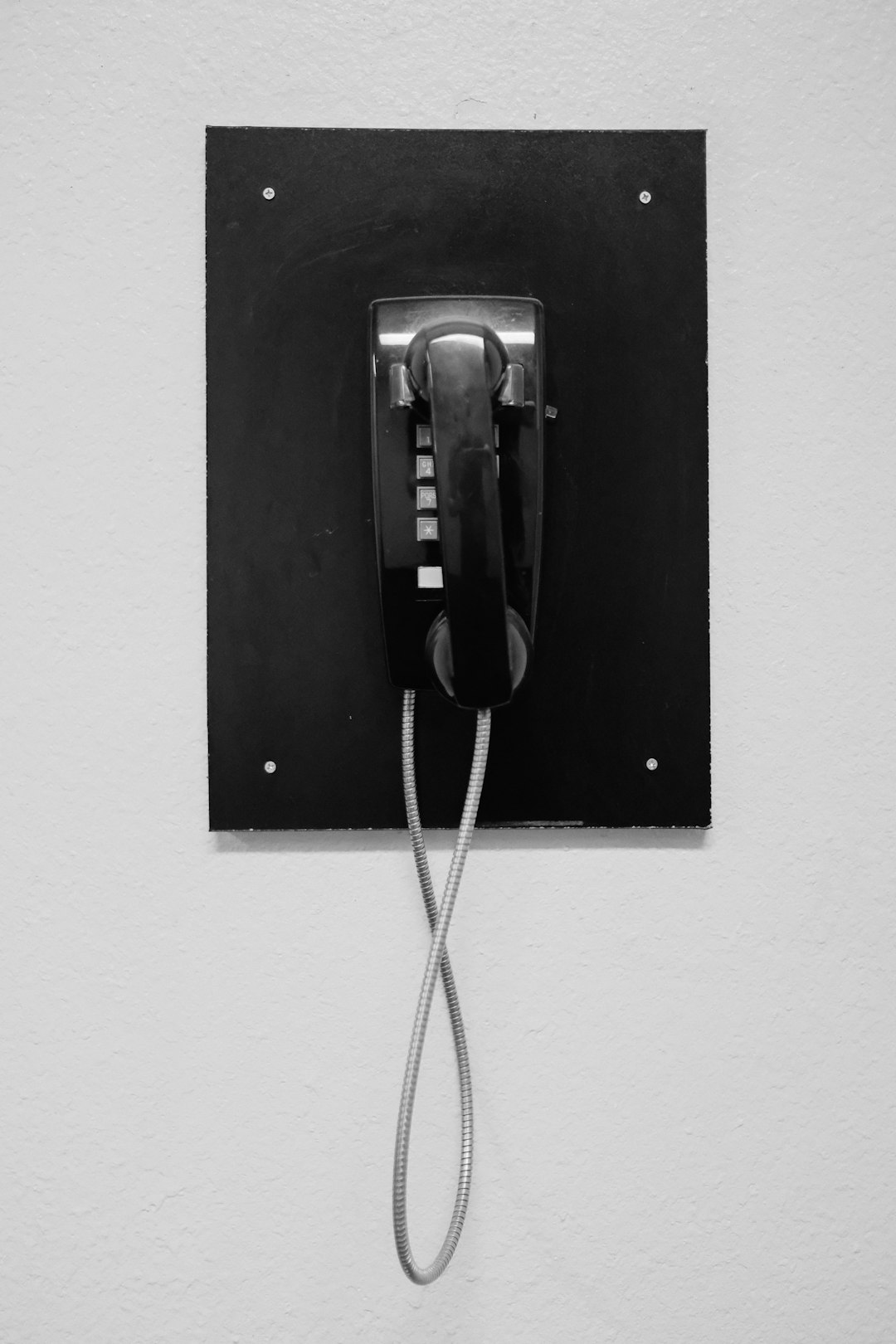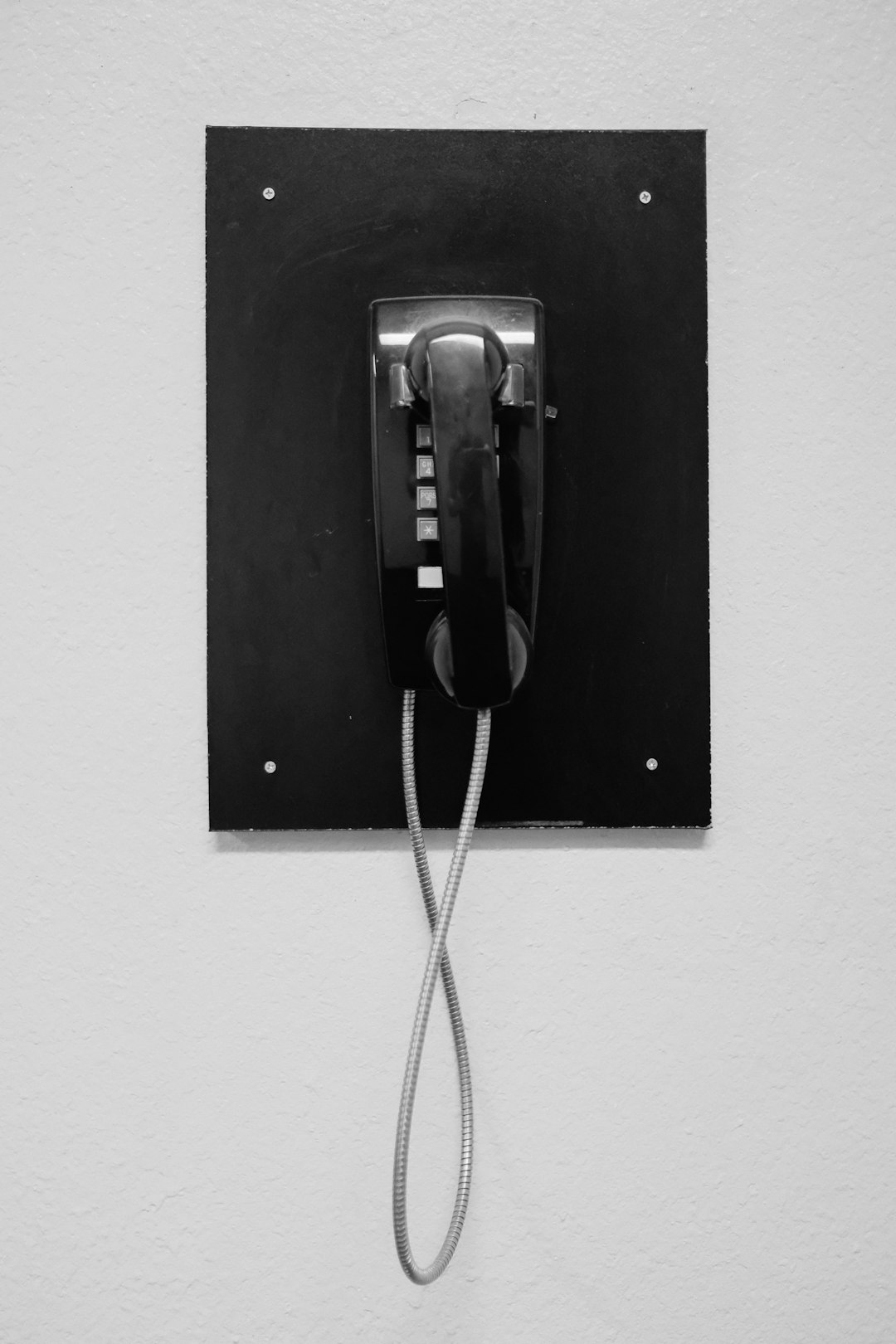Ethnic grocery stores in Philadelphia rely on phone communications for marketing and customer relationships, making TCPA compliance crucial to avoid legal penalties. Unwanted call attorneys specialize in navigating these regulations, guiding grocers on do-not-call lists, staff training, and advanced call management technologies. By engaging these experts, stores can maintain authentic connections with diverse customers while ensuring TCPA adherence and avoiding substantial fines.
“Bustleton’s ethnic grocery stores face unique challenges navigating the Telephone Consumer Protection Act (TCPA) in a bustling, diverse community. With a rise in unwanted calls, this article explores how these businesses are affected and what actions they can take. We delve into the TCPA’s impact on retailers, specifically addressing the concerns of Philadelphia’s vibrant ethnic food sector. Discover practical strategies for compliance and learn how unwanted call attorneys can assist Bustleton businesses in managing these complex issues.”
Understanding TCPA and Its Impact on Grocery Stores

The Telephone Consumer Protection Act (TCPA) is a federal law designed to protect consumers from unwanted phone calls, text messages, and faxes. For ethnic grocery stores in Philadelphia, understanding TCPA compliance is crucial for maintaining customer relationships while avoiding legal repercussions. Unwanted call attorneys in Philadelphia highlight that violation of this act can lead to substantial financial penalties and damage to a store’s reputation.
Grocery stores, especially those serving diverse ethnic communities, often rely on phone calls and text messages for marketing, promotions, and delivering personalized services. However, these communication methods must be handled carefully to adhere to TCPA guidelines. Grocery store owners and managers should be aware of the legal boundaries regarding call volume, timing, and content, particularly when targeting specific demographics or neighborhoods. By prioritizing compliance, ethnic grocery stores can ensure their communications with customers are both effective and legally sound, avoiding potential issues with unwanted call attorneys in Philadelphia.
The Unique Challenges for Ethnic Food Retailers

Ethnic grocery stores face unique challenges when it comes to TCPA compliance due to their diverse customer base and specialized marketing strategies. Many of these retailers rely on word-of-mouth, community events, and targeted phone calls to reach customers who appreciate authentic, culturally specific products. However, this often means they inadvertently engage with consumers who may not be interested in promotional offers or survey invitations, leading to a higher volume of unwanted calls.
In the diverse landscape of food retail, understanding cultural nuances is key. Unwanted call attorneys in Philadelphia can help Ethnic grocery stores navigate these complexities by providing tailored advice and strategies to ensure compliance without compromising their authentic connections with customers. This includes implementing robust do-not-call lists, training staff on customer privacy, and adopting advanced technologies to improve call management and reduce the risk of TCPA violations.
Navigating Unwanted Calls in Philadelphia

In Philadelphia, navigating unwanted calls can be a significant challenge for ethnic grocery stores, as they often face an influx of telemarketing and sales calls due to their diverse customer bases. With the Telemarketing Consumer Protection Act (TCPA) in place, these businesses must ensure they comply with regulations to avoid legal repercussions. Unwanted call attorneys Philadelphia are becoming increasingly important resources for grocers looking to protect themselves from potential TCPA violations.
These attorneys specialize in navigating the complex laws surrounding telemarketing and can help grocery stores implement effective do-not-call measures, train staff on compliance procedures, and take prompt action against any unauthorized calls. By engaging the services of unwanted call attorneys Philadelphia, ethnic grocery stores can ensure they maintain a harmonious relationship with their customers while adhering to crucial TCPA guidelines.
Legal Strategies: How Unwanted Call Attorneys Help

Unwanted call attorneys in Philadelphia play a crucial role in helping ethnic grocery stores navigate the complex landscape of TCPA compliance. With the Telephone Consumer Protection Act (TCPA) stringent regulations against automated calls and text messages, these legal experts are equipped to advise on best practices for minimizing risks. They offer strategic guidance on call scripts, consent management, and system implementations to ensure that communication strategies align with legal requirements.
By engaging unwanted call attorneys, grocery stores can avoid costly fines and reputational damage associated with TCPA violations. These lawyers help craft tailored solutions, ensuring that marketing efforts effectively reach target audiences while adhering to the law. Their expertise in handling such cases makes them invaluable assets, enabling businesses to thrive in a regulated environment without compromising their communication channels.
Achieving Compliance: Best Practices for Bustleton Businesses

Achieving compliance with the Telephone Consumer Protection Act (TCPA) is crucial for Bustleton’s ethnic grocery stores to avoid legal issues and maintain customer trust. Unwanted call attorneys in Philadelphia can guide businesses on best practices, ensuring they respect consumer privacy while leveraging marketing efforts. One effective strategy involves implementing robust opt-out mechanisms during telemarketing calls. This allows customers to easily request cessation of calls, fostering a positive relationship.
Additionally, keeping detailed records of customer preferences and consent is vital. Businesses should segment their customer base, tailoring communication strategies accordingly. By prioritizing consumer choices, Bustleton grocers can enhance their reputation as responsible businesses, reducing the risk of TCPA violations. Such proactive measures not only protect against legal repercussions but also contribute to building lasting connections with the community.






